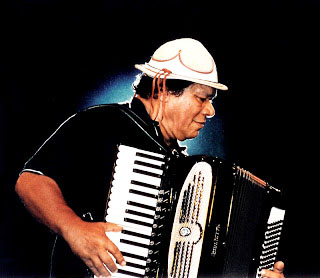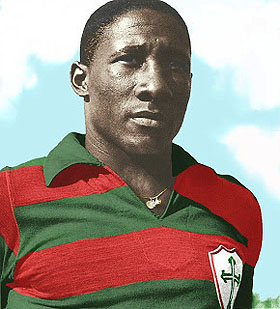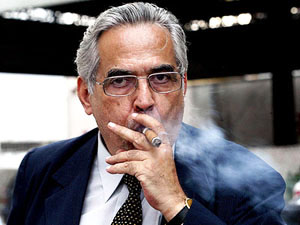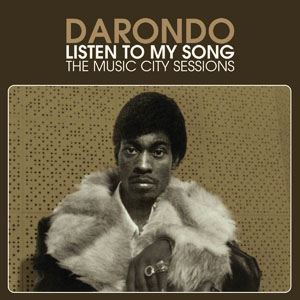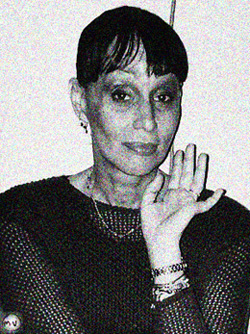Arquivo da categoria: tristeza
pânico!
estou captando a aproximação de um terrível – e desconhecido – sentimento.
pavor, cagaço… sei lá, tudo isso mixado… péssimo!
algo que jamais pensei experimentar… viver!
mamãe, socorro… é o fim do mundo!
mamãe… estou com medo de sentir sodade dele…
HEEEEEEEEEEEEEEEEEEEEEELP!
) :
(o sentimento tem que parar!!!)
luz da lua…
When I passed you in the doorway
You took me with a glance
I should have took that last bus home
But I asked you for a dance
Now we go steady to the pictures
I always get chocolate stains on my pants
My father he’s going crazy
Say’s I’m living in a trance
But I’m dancing in the moonlight
It’s caught me in it’s spotlight
It’s alright, alright
Dancing in the moonlight
On the long hot summer night
It’s three o’clock in the morning
And I’m on the streets again
I disobeyed another warning
I should have been in by ten
Now I won’t get out until sunday
I’ll have to say I stayed with friends
But it’s a habit worth forming
If it means to justify the end
scarlet moon
(1950 – 2013)
) :
doeu…
RICHIE HAVENS
(1941 – 2013)
) :
vale dar uma clicada no nome Dele ali em cima!
storm thorgerson (1944 – 2013)
Album cover designs
- 10cc:
- Mirror Mirror (1994)
- Anthrax
- Stomp 442 (1995)
- Audioslave
- Audioslave (2002)
- Catherine Wheel:
- Chrome (1993)
- Happy Days (1995)
- Like Cats and Dogs (compilation) (1996)
- Adam And Eve (1997)
- Wishville (2000)
- Biffy Clyro:
- Puzzle (2007)
- “Saturday Superhouse” (2007)
- “Living is a Problem Because Everything Dies” (2007)
- “Folding Stars” (2007)
- “Machines” (2007)
- Only Revolutions (2009)
- “That Golden Rule” (2009)
- “The Captain” (2009)
- Opposites (2013)
- Puzzle (2007)
- Black Sabbath:
- Technical Ecstasy (1976)
- The Cranberries:
- Bury the Hatchet (1999)
- Wake Up and Smell the Coffee (2001)
- The Cult:
- Electric (1987) (credited on the picture sleeve as “Art Direction by Storm Thorgerson”)
- Bruce Dickinson
- Skunkworks (1996)
- Disco Biscuits:
- Planet Anthem (2010)
- Dream Theater:
- A Change of Seasons (1995)
- Falling into Infinity (1997)
- “Once in a LIVEtime” (1998)
- “5 Years in a Livetime” (1998)
- Ian Dury and The Blockheads
- Mr. Love Pants (1998)
- Ellis, Beggs, & Howard
- Homelands (1989)
- Ethnix
- Home Is Where The Head Is (2002)
- Europe
- Secret Society (2006)
- Peter Gabriel:
- Peter Gabriel (1977)
- Peter Gabriel (1978)
- Peter Gabriel (1980)
- Genesis
- …And Then There Were Three… (1978)
- David Gilmour
- About Face (1984)
- David Gilmour in Concert DVD (2002)
- Helloween
- Pink Bubbles Go Ape (1991)
- Led Zeppelin
- Houses of the Holy (1973)
- Presence (1976)
- In Through the Out Door (1979)
- The Mars Volta:
- De-Loused in the Comatorium (2003)
- “Inertiatic ESP” single (2003)
- “Televators” single (2003)
- Frances the Mute (2005)
- “The Widow” single (2005)
- De-Loused in the Comatorium (2003)
- Megadeth:
- Rude Awakening DVD (2002)
- Steve Miller Band:
- Bingo! (2010)
- Let Your Hair Down (2011)
- Muse:
- Absolution (2003)
- “Butterflies and Hurricanes” single (2004)
- Black Holes and Revelations (2006)
- “Uprising” single (2009)
- Absolution (2003)
- The Offspring
- Splinter (2003)
- Alan Parsons:
- Try Anything Once (1993)
- On Air (1996)
- The Time Machine (1999)
- A Valid Path (2004)
- Pendulum
- Immersion (2010)
- Phish
- Slip Stitch and Pass (1997)
- The Pineapple Thief
- Someone Here Is Missing (2010)
- Pink Floyd:
- A Saucerful of Secrets (1968)
- Ummagumma (1969)
- Atom Heart Mother (1970)
- The Dark Side of the Moon (1973)
- Wish You Were Here (1975)
- Animals (1977)
- A Momentary Lapse of Reason (1987)[7]
- Delicate Sound of Thunder (1988)
- Shine On (1992)[7]
- The Division Bell (1994)
- P*U*L*S*E (1995), including the blinking LED light that was featured in early CD packaging.[11]
- Relics re-release (1996)
- Is There Anybody Out There? The Wall Live 1980–81 (2000)
- Echoes: The Best of Pink Floyd (2001)
- Oh, by the Way (2007)
- The Plea
- The Dreamers Stadium (2012)[12]
- Powderfinger
- Golden Rule (2009)
- Program the Dead
- Program The Dead (2005)
- Rainbow
- Bent Out of Shape (1983)
- Rival Sons
- Pressure & Time (2011)
- Scorpions
- Lovedrive (1979)
- Animal Magnetism (1980)
- Shpongle
- Styx
- Cyclorama (2003)
- Thornley
- Come Again (2004)
- Tiny Pictures (2009)
- Thunder
- Laughing On Judgement Day (1992)
- Behind Closed Doors (1995)
- Umphrey’s McGee
- Safety In Numbers (2006)
- The Bottom Half (2007)
- Villainy
- Mode. Set. Clear. (2012)
- Ween
- The Mollusk (1997)
- The Wombats:
- This Modern Glitch (2011)
- Rick Wright
- Broken China (1996)
- Younger Brother
- Last Days of Gravity (2007)
- Vaccine (2011)
- Yourcodenameis:milo
- Rapt. Dept. (2005)
- 17 (2005)
- Ignoto (2005)
-
- For his work with Hipgnosis, see Hipgnosis discography
andy johns (1952 – 2013)
cacilds, certamente, um dos responsáveis pela minha saúde auditiva (caso ela exista)!
) :
Andy Johns (1 January 1952 – 7 April 2013) was a British sound engineer and record producer, who worked on well-known rock albums such as Led Zeppelin’s IV and The Rolling Stones’ Exile on Main Street.[1][2] His sound is exemplified by Free‘s albumHighway, which he engineered and produced.[3][4][5]
Johns, the younger brother of Olympic Studios engineer Glyn Johns, attended The King’s School, Gloucester, England in the mid to late 1960s. Before his nineteenth birthday, he was working as Eddie Kramer‘s second engineer on recordings by Jimi Hendrixand many others. In a career spanning more than forty years, he engineered or produced records by artists ranging from Led Zeppelin and The Rolling Stones to Van Halen and Rod Stewart, whose sales total in excess of 160 million copies.[6]
Johns was the father of Hurt‘s former drummer, Evan Johns and rock singer/guitarist Will Johns, and uncle of producer Ethan Johns (son of Glyn Johns).
No cause of death was immediately available, although Johns had been hospitalized for liver problems.[7
Discography
Albums produced
|
|
Albums engineered
|
|





